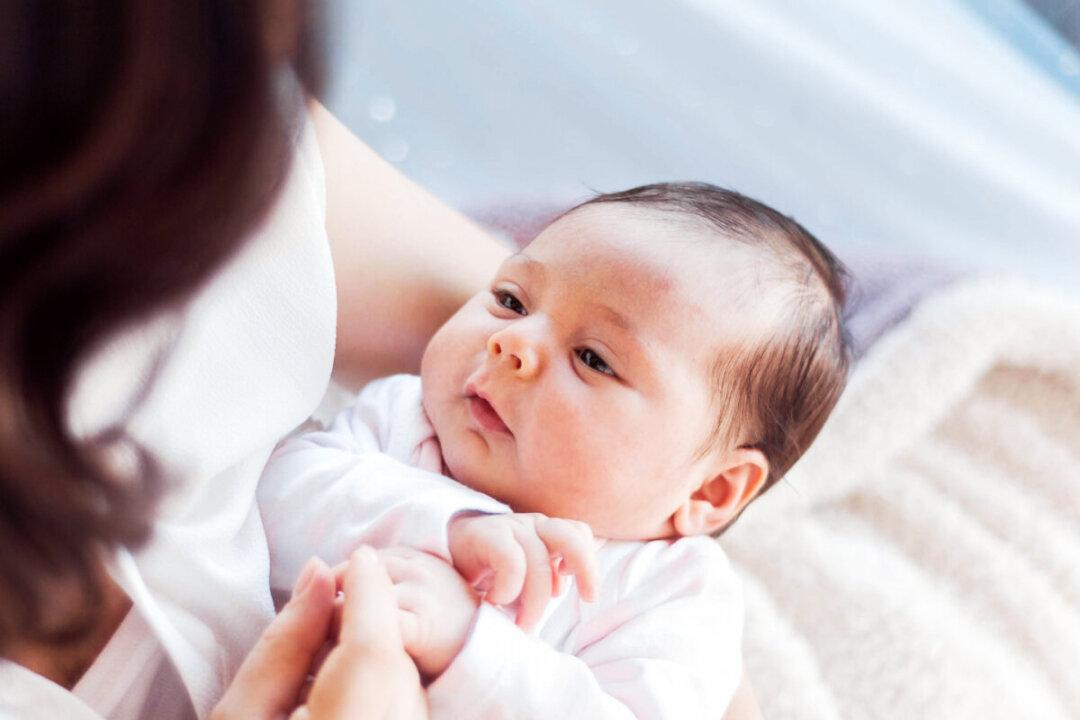An Australian study has found that five percent of babies born in the country today were conceived by in vitro fertilisation (IVF), or about one child in every classroom.
In partnership with the Raine Study—Australia’s longest-running public health study, the researchers from the University of Western Australia (UWA) also discovered an increase in depression in teenagers conceived with assisted reproductive technology.





